"Unveiling Educational Histories: British Colonial Schooling and Its Education System" #1
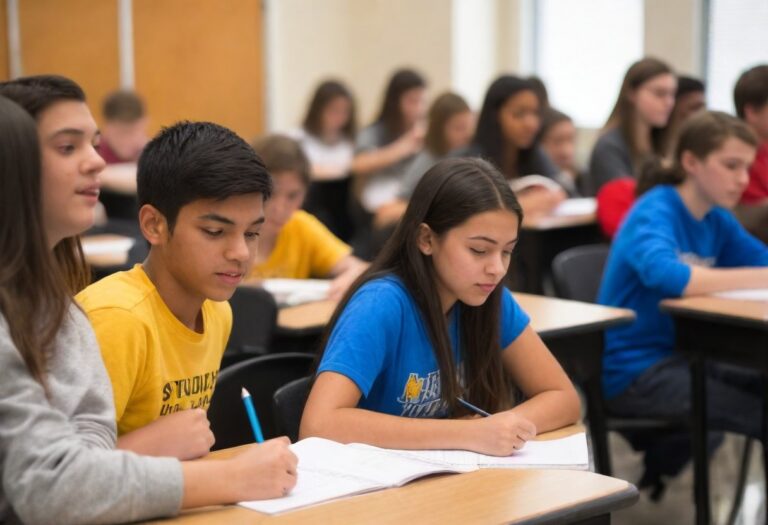
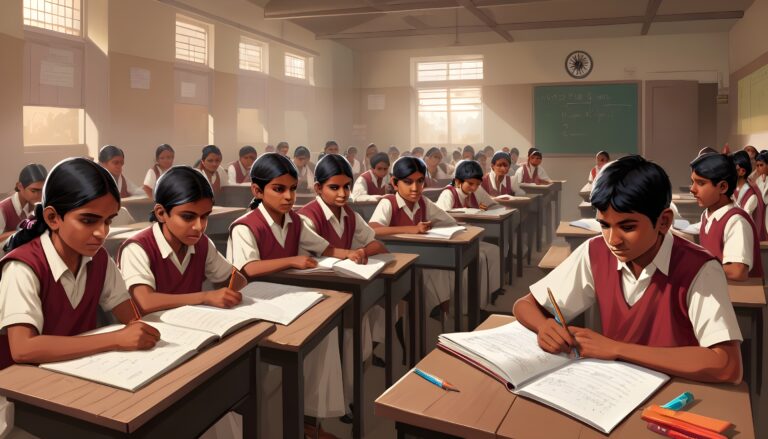
Introduction
Education is often hailed as the cornerstone of societal progress, shaping the future of nations by nurturing the intellect and skills of its citizens. However, the modern Indian education system has faced mounting criticism for its perceived inadequacies and biases. This essay aims to delve into the multifaceted challenges plaguing the Indian education system, examining how it falls short in meeting the needs of students and perpetuates systemic inequalities, particularly concerning marginalized communities such as Scheduled Castes (SC), Scheduled Tribes (ST), and Other Backward Classes (OBC).
1. The Worst Education System?
The Education System in India is not an Indian Education System it is the British Colonial Education System which has been brought up by Britishers in India to destroy Indian Gurukul Education System. Now this British colonial education system which is followed in India is getting more worse for students and these education systems are being followed blindly by everyone and students are forced to study in this education system. This education is not any worth. Students spend more than 14 years of their life in school and they don’t learn anything. There families pay fees to the schools and the students go and sit in their classes for at least 6 hours in their classes and they get to know about those ideal information which worth nothing in this real world.
Take Math, for example, it is the most versatile, interesting, and a knowledgeable subject. But students have a phobia from mathematics. This education system has destroyed the way of learning and understanding from students mind. They just sit in their class and just listen what just teachers say to them. And the knowledge is being provided by those books which are not even connected to the real world, all the information provided are for a pseudo world which actually do not exist.
Students are getting treated according to their scores, if a student tops he is very great and everyone(teachers, parents, etc.) thinks that the topper knows everything whereas an average student is treated like he is a world’s biggest failure and he cannot do anything in future.
In this Blog we will discuss these kind of worse situations which are being created in this Education System.
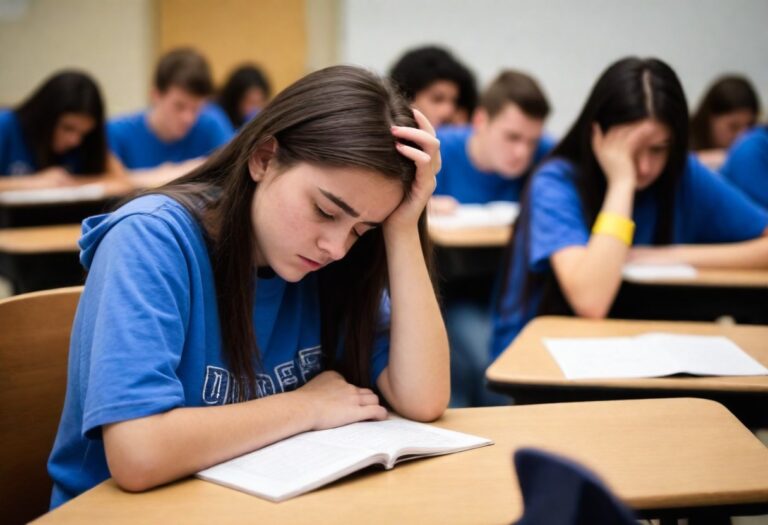
2.Exacerbating Student Lives: The Impact of the New Education System
This Education System, with its unwanted reforms and rules, has made student lives tougher and more depressing. A pressure is built in a student’s mind from his childhood that he must top in every school exam, and he must score high marks to get successful in life. But the sad part is that the parents don’t understand the inner pain, mental illness, anxiety of a child. This makes child weak from inside and creates a thought in his mind that a topper can only be successful in his life this makes average and below average students (which scoreless marks or just passing marks in their school exams) to lose their confidence and motivation which directly impacts their mental health and their confidence loses to get successful.
This Education System just focuses on the test scores of the students and each student gets treatment according to his/her scores in the test, which worth nothing in real life. But still parents and teachers treat the students as per their test scores. If a student’s tops or get high scores then he is very good brain and knowledge, whereas a person who gets little lower or average marks is treated like he can’t do anything in his life and this mindset is also being created within students like everyone wants to converse with the topper but nobody wants to talk with the average student as they think that an average student don’t have knowledge, this makes the student to grab their feeling inside them and they cannot share their feelings with anyone as there is no one they can talk with.
3. Bias Towards Marginalized Communities

Despite efforts to promote fairness, this Education System is still bias towards marginalized communities which include SC, ST, OBC groups. Reservations have now become a major problem for the students which are not toppers, and they are under General Category.
Competitive Exams are made to check students thinking and application skills but due to this education system the students who fall under the categories like SC, ST, OBC are given the privilege of getting qualified at lower scores. Let us take an example of the toughest exam of India and second most difficult exam in the world i.e. IIT JEE. JEE MAIN 2024 was held in January and April 2024 and when the officials release the cutoffs it was: For General Category Student the cutoff percentile was around 93.5 percentile whereas for students who fall under the lower categories like SC, ST, OBC they just have to score around 50-60 percentile to get qualified for JEE ADVANCED 2024.
This Biasing in the competitive exams leads to loss of faith with the nation and its rules. This is one of the reasons why students leave India and go to study abroad and get settled there and enjoy their rest of life outside India.
The extreme pressure to perform well in competitive exams, which is going to decide their future career options, often takes a load on students’ mental and physical well-being. Several Cases of stress, mental instability, and even suicides comes every year among students who are preparing for these competitive exams are becoming very common, which is highlighting the urgent need for a more compassionate and organized approach to change this education system and to bring back the old education system.
Recent Posts:


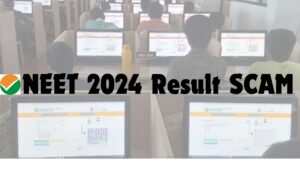
Addressing Controversies Surrounding NEET 2024: Insights from the Ministry of Education

“How to Create Interest in Maths: Unlocking the Magic of Numbers”

4.Neglect of Cultural Heritage: Distorted Narratives in School Curricular

6.The Bitter Irony of Mathematics: A Subject of Dread
Despite its reputation as the “queen of sciences” and the epitome of logic and reason, mathematics has become a subject of dread for many students within the Indian education system. This can be attributed to several factors, including uninspiring teaching methods, emphasis on rote memorization, and lack of practical applications.
Mathematics education often focuses on procedural fluency at the expense of conceptual understanding, leading to shallow learning and disengagement among students. The disconnect between the inherent beauty and logic of mathematics and its pedagogical delivery contributes to widespread aversion and anxiety towards the subject.
Furthermore, the intense pressure to perform well in competitive exams often takes a toll on students’ mental and physical well-being. Cases of stress-related illnesses, burnout, and even suicides among students preparing for these exams are alarmingly common, highlighting the urgent need for a more compassionate and holistic approach to education.
7. Neglect of Cultural Heritage: Distorted Narratives in School Curricular
Another critical aspect of the Indian education system’s shortcomings is its neglect of cultural heritage and history. The curriculum often presents a sanitized and distorted version of history, glorifying certain rulers and erasing the contributions of marginalized communities. This whitewashing of history perpetuates a one-sided narrative that reinforces existing power structures and marginalizes alternative perspectives.
The portrayal of Mughal rulers and Muslim dynasties exemplifies this bias, with the curriculum often overlooking their shortcomings and focusing solely on their achievements. This selective glorification not only distorts historical facts but also perpetuates divisive narratives that undermine social cohesion and cultural understanding.
Moreover, the neglect of indigenous knowledge systems and local histories further alienates students from their cultural roots, perpetuating a sense of cultural dissonance and alienation. By neglecting diverse perspectives and alternative narratives, the education system fails to provide students with a comprehensive understanding of their cultural heritage and history.
8.The Bitter Irony of Mathematics:
A Subject of Dread Despite its reputation as the “queen of sciences” and the epitome of logic and reason, mathematics has become a subject of dread for many students within the Indian education system. This can be attributed to several factors, including uninspiring teaching methods, emphasis on rote memorization, and lack of practical applications.
Mathematics education often focuses on procedural fluency at the expense of conceptual understanding, leading to shallow learning and disengagement among students. The disconnect between the inherent beauty and logic of mathematics and its pedagogical delivery contributes to widespread aversion and anxiety towards the subject.
Furthermore, the intense focus on performance metrics and standardized testing exacerbates students’ fear of mathematics, as they are constantly pressured to achieve high scores in exams. This narrow focus on assessment outcomes neglects the broader goals of mathematics education, such as fostering critical thinking, problem-solving skills, and mathematical literacy.
9.Differential Treatment Based on Academic Performance
Disparities in treatment based on academic performance further exacerbate the inequities within the Indian education system. Students who excel in board examinations, particularly under certain boards like the Indian School Certificate (ISC), are often granted exemptions from certain subjects in subsequent academic years.
This preferential treatment creates a sense of unfairness and inequality among students, fostering resentment and disillusionment. Such practices not only undermine the integrity of the education system but also perpetuate a culture of privilege and entitlement that reinforces existing social hierarchies.
Moreover, the emphasis on academic achievement as the sole measure of success overlooks other valuable attributes and talents possessed by students. By narrowly defining success in terms of grades and exam scores, the education system fails to recognize and nurture the diverse talents and potential of students.
If you want to read Bhagwat Geeta online Click on the link below:-
https://yogalife.co.in/wp-content/uploads/2017/04/Bhagavad-gita-hindi.pdf
Check out our other Blogs Below :-
https://unveileducationalinsights.com/father-of-mathematics/

Man and Environment: UnveilEducationalInsights
Man and Environment: A brief Introduction Man and Environment: The relationship between them has been a topic of discussion for

“Shilajit vs Ashwagandha: Comparing the Benefits and Uses of Two Powerful Ayurvedic Remedies”
Shilajit vs Ashwagandha: Comparison between the two Ayurvedic Remedies 2024 Introduction Ayurvedic medicines are an ancient healing system of India(Bharat),

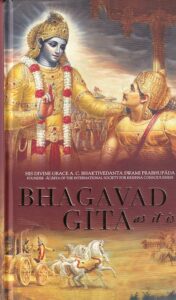
Very much informative
Thanks and press on push notification at the bottom right to get push notifications about our informative blogs
This education system ks killing students from their mindset